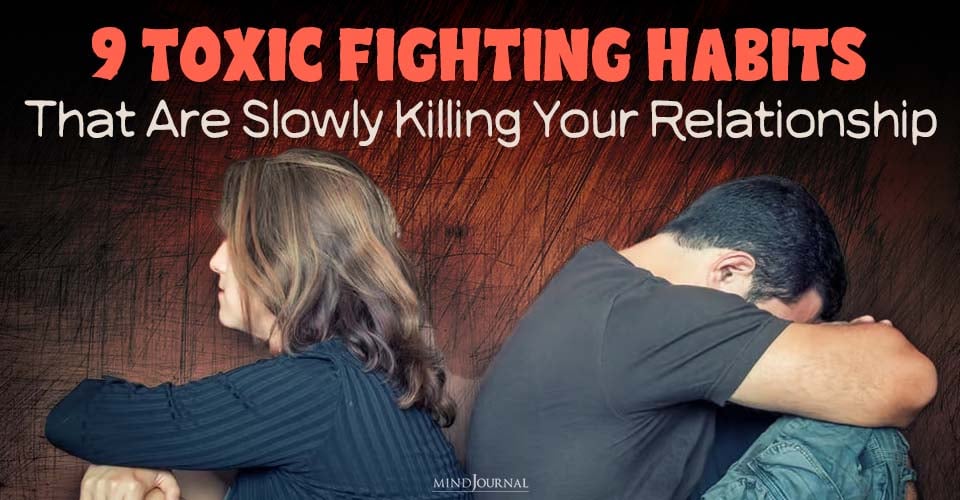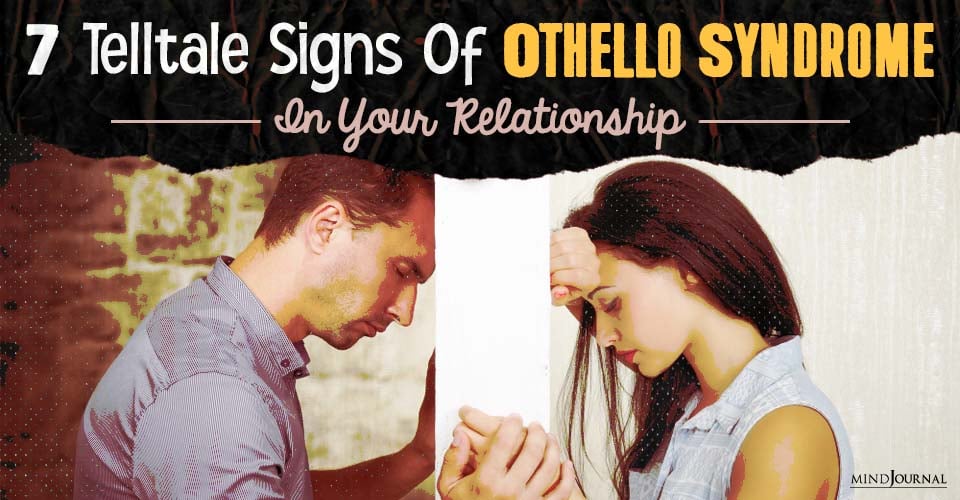Being in love is a beautiful emotion. Everyone seeks love and wants to be loved by someone. However, love can manifest in unhealthy and irrational ways when dating a love addict. Discover more about the types of love addicts one may come across and who are detrimental to one’s well-being.
Are you addicted to love? Well, before we get into the details of it, let’s take a look at what exactly is love addiction.
What Is Love Addiction?
Love addiction (sometimes called pathological love) is a psychological condition and behavior pattern that manifests when attachment and affection becomes obsessive, pervasive, dysfunctional. It can also have other negative consequences.
This obsessive behavior can take place in the form of reward-seeking, dependent love, and impulsive sexual desire. Unlike substance addictions, being an addicted lover is not based on a need to consume any chemical substance; rather, feelings of ‘love’ induce the release of serotonin and dopamine, which feeds the compulsive cravings for pleasure and satisfaction.
Related: 9 Surprising Psychological Facts About Love And Attraction
Factors That Contribute to Love Addiction
Adverse childhood experiences are the first place to look at when dealing with love addiction. This becomes a survival pattern for individuals because you are trying to fill the void of being rejected or abandoned as children.

Some factors that can give us an account of the root cause of this addiction:
- Dealt with separation or divorce of parents.
- Having one of both parents who were alcoholics.
- Being adopted and experiencing neglect as a child.
- Experienced death of a sibling or parent at a young age
- Feelings of rejection, as parents were emotionally unavailable.
Related: 6 Signs It’s Not Love But Obsession And Emotional Abuse
To understand this condition better, below are the different types of love addicts and the symptoms of having this condition.
4 Types of Love Addiction
Love addiction is a complex psychological condition that manifests itself in a variety of ways. If you suspect you might be a love addict or know someone who is, knowing the different types of love addicts will help you understand and manage your situation. Here are the most common types of love addicts –
1. Obsessed love addicts
This is one of the most common love addict types in which the majority of people are affected and exhibit some of the most predictable relational patterns such as control, possessive thoughts, or feeling that their partner or that one person completes them.
They easily become fascinated with the relationships due to their imagination and denial. The obsessive love addict gets excessively attached to his or her love object and finds it incredibly difficult to detach from them.
2. Codependent love addicts

Among the various types of love addicts, the codependent lover uses his/her partner to strengthen their fragile self-esteem and to gain validation. They expect their partner to give their lives meaning but are unable to receive or accept love. They often suffer from low self-esteem.
3. Narcissistic love addicts
Narcissistic love addicts are emotional manipulators who exploit their partners and use them as someone with whom they can exert power and control, to boost their ego. They utilize coercion, deceit, and sometimes violence to maintain control in a romantic partnership. They become abusive if they see that they’re being neglected or rejected.
4. Ambivalent Love Addicts
Ambivalent love addicts are one of the many various types of love addicts. They have one thing in common: when it comes to having a decent relationship because they need love but are terrified of intimacy.
They can be someone who obsesses over an unavailable partner, causing relationships to fall apart when things become intimate, or someone who is willing to be physically intimate but not emotionally involved.
Other Types of Love Addiction
Here are some other types of love addiction that you should know about –
a. Anorexic Love Addict
They are in a delusional emotional state where they have a compulsive avoidance of relationships.
b. Avoidant Love Addict
They are attracted to people who are needy or someone they can control.
c. Parental Love Addict
This type consists of a parent and not a romantic partner. They tend to love their own child obsessively.
d. Sex and Love Addict
They are addicted to engaging in sexual acts with their partner rather than being in love.
Related: Are You Losing Yourself In Your Relationship? Stages of Codependency and What To Do
Common Signs and Symptoms of Love Addiction

Here are some of the love addiction symptoms to watch out for when you’re dealing with an unhealthy attachment or relationship.
- Avoiding abandonment and rejection at any cost
- Being controlling and manipulative in relationships
- Unrealistic expectations of their relationships and partner
- Tendency to misunderstand intensity for intimacy
- Confusing love and sexual attraction
- Using sex or the relationship to relieve pain or improve mood
- Trading sexual activity for affection or love
- Refusing to acknowledge the problem
- Inability to be single or switching from one partner to another.
Healing from Love Addiction

Sometimes taking time off from dating for a while can help break the cycle of obsessions and compulsions revolving around the other person. It’s very hard to abstain from compulsive, addictive behavior but with support and the right steps, anyone will be able to overcome daunting situations.
Here are some ways one can heal from love addiction:
- Learning the difference between healthy and addictive love.
- Find ways to be independent, rather than being codependent.
- Notice if the patterns are recurring in your relationships.
- Acknowledge the pain of childhood such as abandonment or shame.
- Learning to be assertive and building self-esteem
- Take time to meet your own needs and nurture yourself.
- Take time to fall in love with yourself.
Love addiction holds you back from having a meaningful and loving relationship. But when you recognize the various types of love addiction and see the patterns in yourself, it will allow you to make some positive changes.
Frequently Asked Questions (FAQs)
What makes a person addicted to love?
The feelings of ‘love’ induce the release of serotonin and dopamine, which feeds the compulsive cravings for pleasure and satisfaction.
Is codependency a love addict?
Among the various types of love addicts, there is a codependent lover who uses his/her partner to strengthen their fragile self-esteem and gain validation.
What is a love avoidant addict?
An avoidant love addict is one who doesn’t share who they are in a true manner. They are attracted to someone who is needy or someone they can control.
Why is falling in love so addictive?
Love triggers and releases neurotransmitters, which stimulates the brain receptors, resulting in feelings of pleasure and excitement and, in some cases, addiction.











Leave a Reply